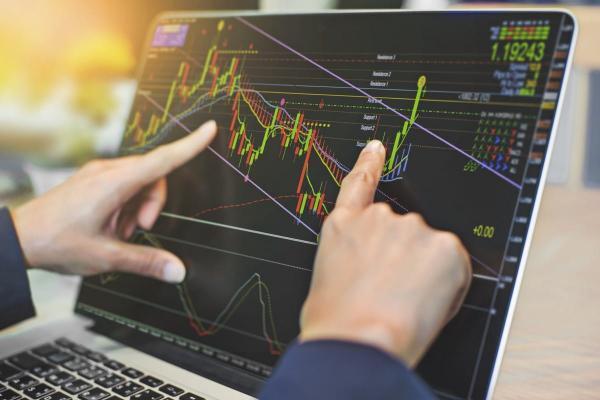The Evolution of Forex Brokers: Trends and Developments
The foreign exchange market, or forex, is the largest financial market in the world, with trillions of dollars being traded each day. For those looking to enter this dynamic market, the choice of a broker can be a pivotal decision. But with so many forex brokers out there, it can be challenging to know which one is right for you. Here’s what you need to consider when choosing your broker.
Understanding the Basics
Before even considering a forex broker, it’s vital to have a good grasp of the basics of forex trading. This includes understanding how the forex market operates, knowing the terminology used, and having a solid grasp of the various trading strategies employed by successful traders.
Broker Regulation
One of the most critical factors to consider when choosing a forex broker is regulation. A regulated broker is monitored by an industry authority and is obliged to operate within the legal framework set by the regulator. For traders, this means their funds are more secure, and there is a mechanism for dispute resolution if necessary.
Account Types and Minimum Deposits
Forex brokers usually offer several different account types, each with its own characteristics, such as the size of the spread and the minimum deposit required. It’s essential to choose an account type that suits your trading style and financial means. Remember, never trade with money you can’t afford to lose.
Trading Platforms
The trading platform is the interface between you and the forex market. It’s where you’ll execute your trades, analyze prices, and manage your account. Most brokers offer the industry-standard platform MetaTrader 4 or 5, but some also have their proprietary platforms. Make sure you’re comfortable with the platform and that it provides the tools you need to trade effectively.
Customer Service
Good customer service is invaluable, particularly for new traders who may have a lot of questions. Choose a broker that offers customer service in your language and at convenient times. It’s also beneficial if the broker provides different means of contacting support, such as phone, email, and live chat. A responsive and helpful customer service team can make your trading experience much more enjoyable.
Execution Quality
One aspect of trading that is often overlooked is the quality of trade execution. This refers to the speed at which your trades are executed, as well as the likelihood of slippage. Slippage is when a trade is executed at a different price than expected, often due to market volatility. Look for a broker that offers fast execution with minimal slippage.
Fees and Commissions
Another critical consideration is the cost of trading. This includes the spread, which is the difference between the buy and sell prices of a currency, as well as any commissions the broker may charge. Some brokers offer very competitive spreads and low or no commissions, which can significantly affect your profitability, especially if you are a high-volume trader.
Leverage and Margin
Leverage allows you to control a large position with a relatively small amount of capital. While this can lead to significant profits, it also increases the risk of substantial losses. It’s crucial to understand how leverage works and to use it wisely. Look for a broker that offers flexible leverage options to suit your risk tolerance.
Educational and Analytical Tools
Many brokers provide a range of educational materials to help you improve your trading skills. These can include articles, videos, webinars, and demo accounts. Analytical tools such as economic calendars, technical analysis, and market news can also be beneficial for making informed trading decisions.
Funding and Withdrawal Options
Lastly, consider the ease of funding your account and withdrawing your profits. Look for a broker that offers a variety of payment methods, such as credit/debit cards, bank transfers, and e-wallets. Quick and easy withdrawals are also a sign of a reputable broker.
In conclusion, choosing the right forex broker is a crucial decision that can greatly impact your trading success. By carefully considering the factors outlined above, you can find a broker that meets your needs and allows you to trade the forex market with confidence. Remember to conduct thorough research and, if possible, test out a few different brokers with a demo account before committing to one. Happy trading!

